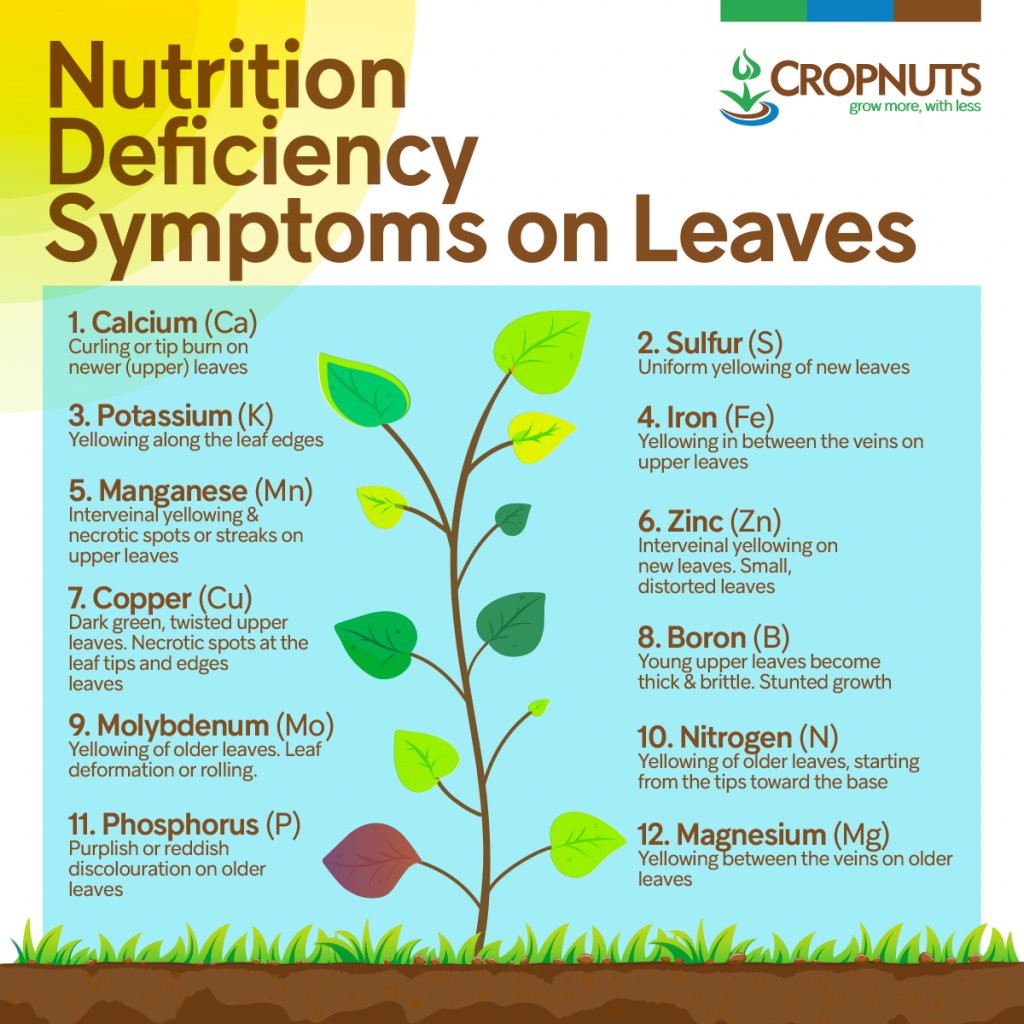
Soil testing provides farmers and agronomists with essential insights into the nutrient status of their soil, enabling them to address deficiencies before they impact crop health and yields. Let’s explore the critical role soil testing plays in remedying plant nutrition deficiencies and optimizing crop yield:
Visual symptoms of nutrient deficiencies, such as yellowing leaves or stunted growth, can sometimes be misleading or overlap with other issues like pest damage or water stress. Soil testing helps identify the precise nutrient levels in the soil, allowing for accurate diagnosis and targeted interventions. For example, soil tests can distinguish between nitrogen and sulfur deficiencies, which often present similar symptoms.
Without proper soil testing, applying fertilizers can be a guessing game, leading to over-application of some nutrients and under-application of others. Soil tests reveal nutrient imbalances, ensuring that fertilizers are applied at the right rates. This not only corrects deficiencies but also prevents nutrient toxicity and reduces input costs.

Continuous cropping without understanding the nutrient status of the soil can lead to long-term depletion of essential nutrients. Regular soil testing provides insights into nutrient trends over time, allowing farmers to take corrective measures before deficiencies become severe. Long-term maintenance of soil fertility leads to sustained productivity over multiple growing seasons.
Different crops have different nutrient requirements, and soil testing helps tailor nutrient management practices accordingly. By understanding the nutrient needs of specific crops, farmers can ensure that their crops receive the appropriate nutrients at critical growth stages. For example, soil testing can reveal if additional phosphorus is needed for root development in crops like maize or soybeans.
Conduct regular soil tests at least once a year or between growing seasons to track changes in soil fertility. Combine soil testing with plant tissue testing to get a full picture of nutrient availability and plant uptake. Based on soil and plant tissue test results, use fertilizers and soil amendments that specifically address nutrient deficiencies and imbalances.
In conclusion, soil testing is an indispensable tool for remedying plant nutrition deficiencies. By adopting a data-driven approach to nutrient management, farmers and agronomists can improve yields, reduce input costs, and contribute to more sustainable farming practices. For personalized guidance on soil testing and nutrient management, feel free to contact our experts at support@cropnuts.com.
Grow more with less
#sustainability #soilhealth #soilscience
Order our services and get to know how to improve your soil for better yeilds.